2000 by The Kent State University Press, Kent, Ohio 44242
All rights reserved
Library of Congress Catalog Card Number 99-048675
ISBN 0-87338-661-2
Manufactured in the United States of America
07 06 05 04 03 02 01 00 5 4 3 2 1
Library of Congress Cataloging-in Publication Data
Strathern, Andrew.
Arrow talk: transaction, transition, and contradiction in New Guinea highlands history / Andrew Strathern and Pamela J. Stewart.
p. cm.
Includes bibliographical references and index.
ISBN 0-87338-661-2 (pbk. : alk. paper)
1. Melpa (Papua New Guinea people)Commerce. 2. Melpa (Papua New Guinea people)Politics and government. 3. Speeches, addresses, etc., Melpha. 4. Political oratoryPapua New GuineaWestern Highlands Province. 5. Ceremonial exchangePapua New GuineaWestern Highlands Province. 6. Social changePapua New GuineaWestern Highlands Province. 7. Western Highlands Province (Papua New Guinea)Social life and customs. I. Stewart, Pamela J. II. Title.
DU740.42.S768 2000
306'.09956'5dc21 99-048675
British Library Cataloging-in-Publication data are available.

The Highlands of Papua New Guinea, first introduced to direct colonial influences in the 1930s, have since then been the scene both of a remarkably rapid set of introduced changes and a complex array of responses to these. As an ethnographic region, the Highlands became well known in anthropological discussions from the 1960s onward, with successive waves of interest in descent theory and affiliation, ceremonial exchange and leadership, gender relations, entrepreneurship in business and politics, concepts of personhood, and most recently, the idea of the body and embodiment theory. A notable range of monographs, collections, and articles has been generated from these studies, and the region continues to attract a stream of discursive and reflective analytical writings. While a growing number of these studies take into account anthropologys increasing general engagement with questions of history, there are still not many full-length discussions of historical issues for particular peoples that extend through from precolonial times to the present (that is, the end of the twentieth century), a span of some seventy years. This book makes a contribution to the project of writing the anthropological history of the Highlands, focusing on one area, Mount Hagen, which has been studied successively since the 1930s by Lutheran and Catholic missionary scholars and by several anthropologists. The emphasis of the book is on the classic themes that have preoccupied ethnographers in theoretical and empirical terms, but the aim here is to bend these themes to the purposes of creating an historical account, situating the area both by way of detailed local ethnography and in relation to the wider influences unleashed by colonialism and subsequent political independence since 1975.
The book draws in part on some earlier studies, co-authored by us, done with this same overall project in mind, and we are grateful to the following organizations for permission to incorporate sections of materials that have been previously published into the present text: University of Pittsburgh Press for chapter 3, first printed in Money and Modernity, ed. D. Akin and J. Robbins, ASAO Monograph no. 17, 1999, and for chapter 4, part of which was first printed in the introduction to Identity Work, ed. Pamela J. Stewart and Andrew Strathern, ASAO Monograph no. 18, 2000; the journal Social Analysis for chapter 11, first printed in that journal no. 42(2): 132148, 1998; and the journal Pacific Studies for chapter 10, first printed in that journal no. 21(1), 1998.
We would also like to thank John Terrell and Rob Welsch for initially stimulating us to write on the topic of chapter 2 and for their insightful perspective on it. We thank Richard Feinberg for his valued comments on our manuscript.
The title of this book was originally proposed in conjunction with a grant application to the Harry Frank Guggenheim Foundation for work carried out in 1991 and 1994. Grateful thanks are made to the Foundation for its support, which was instrumental in facilitating the development of a continuous historical perspective on the Mount Hagen and Duna areas of the Highlands during the last decade. The Duna materials that we have collected will be presented in a subsequent publication.
Grateful acknowledgment is also made to the following agencies for support of fieldwork since 1991: the National Science Foundation (grant no. BNS 9006000) and the Wenner-Gren Foundation (grants nos. 5375 and 5600). Thanks also go to the Office of the Dean, Faculty of Arts and Sciences, University of Pittsburgh, and to the Pitcairn-Crabbe Fund, Department of Religious Studies, University of Pittsburgh, for ongoing help since 1987; to the School of Anthropology and Archaeology, James Cook University of North Queensland, Australia, for assistance in 1997 and 1998; and to the American Philosophical Society for support in 1994 and 1998. We acknowledge also with gratitude permissions gained through the National Research Institute and the Department of the Western Highlands Province in Papua New Guinea to carry out continuing field investigations. Where appropriate, abbreviations and/or pseudonyms have been used. Our sincere thanks also to many individuals in the Hagen community for working collaboratively with us during this time and in some instances helping us to escape physical danger in the increasingly violent atmosphere of Papua New Guinea today, including Ru-Kundil, Ongka-Kaepa, Yara-Ongka, Pik-Ruin, Tom-Kapi and his wife, Anna, and their sons, Mande-Kele, Elizabeth-Mambokla, Reiya-El and his wife, Ka, Puklum-El (John Keni), Emmanuel-Reiya, and Nikint-Reiya. We also thank others not named here who extended kindness to us during our sometimes difficult fieldwork experiences. What we have learned from them has made its way into much of our text, along with our own compilations, reflections, and analyses.
The love and respect that we share with each other is the strength of our collaboration and the spark of a unique chemistry. The order of our names on this book does not reflect relative contributions of work or ideas, since we both fully collaborated on all aspects of this project.


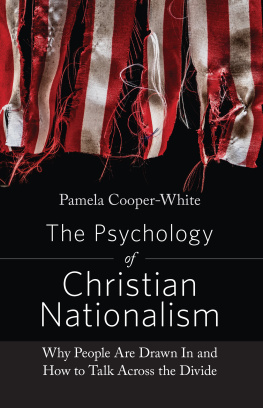
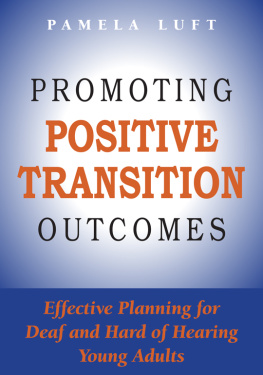
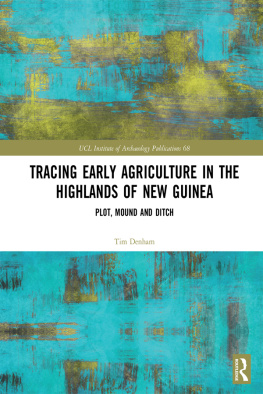
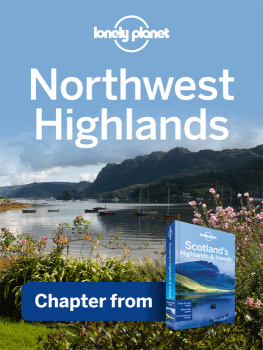

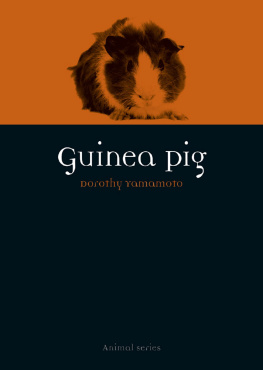



 Kent, Ohio, and London
Kent, Ohio, and London FOR
FOR CONTENTS
CONTENTS 